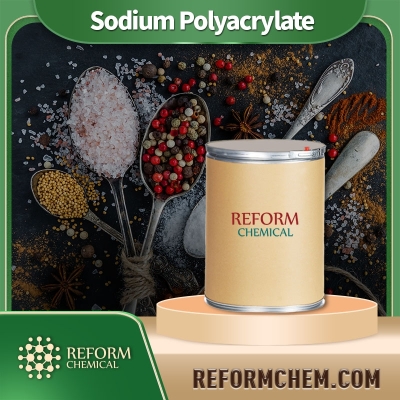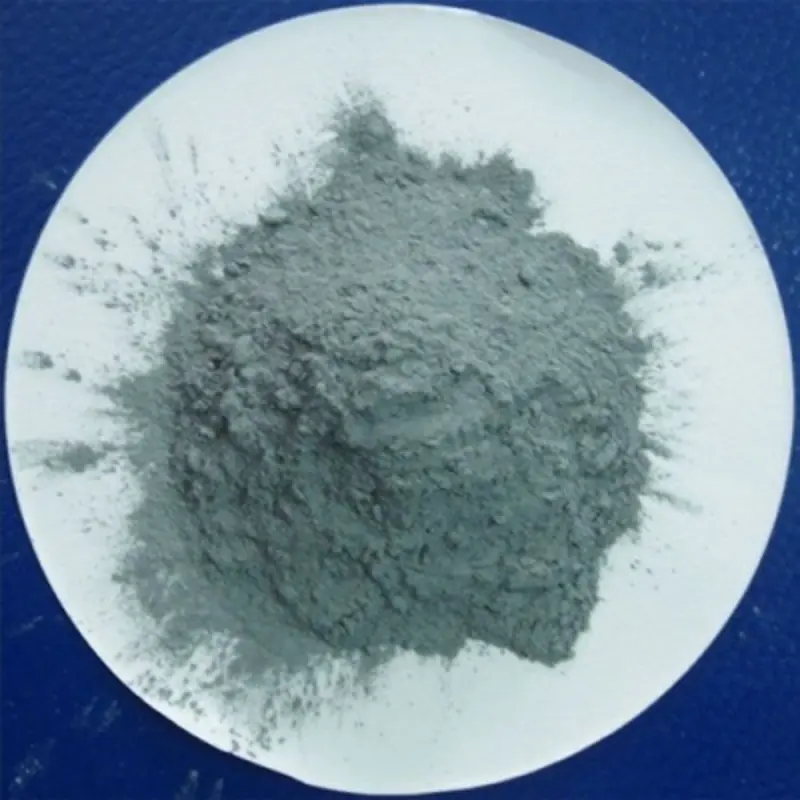-
Categories
-
Pharmaceutical Intermediates
-
Active Pharmaceutical Ingredients
-
Food Additives
- Industrial Coatings
- Agrochemicals
- Dyes and Pigments
- Surfactant
- Flavors and Fragrances
- Chemical Reagents
- Catalyst and Auxiliary
- Natural Products
- Inorganic Chemistry
-
Organic Chemistry
-
Biochemical Engineering
- Analytical Chemistry
-
Cosmetic Ingredient
- Water Treatment Chemical
-
Pharmaceutical Intermediates
Promotion
ECHEMI Mall
Wholesale
Weekly Price
Exhibition
News
-
Trade Service
The use of lead-based compounds has been a subject of concern in the chemical industry due to their potential toxicity and harmful effects on human health and the environment.
As a result, many lead-containing compounds have been banned or restricted in various countries around the world.
One such compound is (T-4)-Bis[2-(hydroxy-κO)benzoato-κO]lead, which is used in various industrial applications, including as a catalyst in the production of polyethylene terephthalate (PET), a synthetic polymer used in the manufacture of plastic bottles and fibers.
The safety of (T-4)-Bis[2-(hydroxy-κO)benzoato-κO]lead has been a subject of debate, with some studies suggesting that it may pose a risk to human health and the environment, while others have found it to be safe when used in appropriate applications and under proper conditions.
The potential health hazards associated with (T-4)-Bis[2-(hydroxy-κO)benzoato-κO]lead stem from its toxicity to aquatic organisms and its potential to bioaccumulate in the food chain.
Studies have shown that exposure to high concentrations of the compound can lead to damage to the liver, kidneys, and nervous system in animals, as well as to changes in hormone levels and reproductive function.
However, it is important to note that the toxicity of (T-4)-Bis[2-(hydroxy-κO)benzoato-κO]lead is dependent on the concentration and duration of exposure.
At low concentrations, the compound is considered to be relatively safe, and exposure levels are closely monitored in industrial applications to ensure that they do not exceed safe levels.
Additionally, the use of (T-4)-Bis[2-(hydroxy-κO)benzoato-κO]lead in the production of PET is tightly controlled, and measures are taken to ensure that the compound is properly contained and disposed of to prevent environmental contamination.
It is also important to consider the alternative methods for the production of PET, which may use other lead-containing compounds that may also pose a risk to human health and the environment.
Therefore, the use of (T-4)-Bis[2-(hydroxy-κO)benzoato-κO]lead in the production of PET may be considered a safer option compared to other alternatives.
Overall, the safety of (T-4)-Bis[2-(hydroxy-κO)benzoato-κO]lead should be evaluated on a case-by-case basis, taking into account the specific application and conditions of use.
It is important to continue to monitor the health and environmental impacts of the compound and to take appropriate measures to minimize its potential risks.
In conclusion, (T-4)-Bis[2-(hydroxy-κO)benzoato-κO]lead is a lead-containing compound that has been used in various industrial applications, including the production of polyethylene terephthalate (PET).
The safety of the compound has been a subject of debate, with some studies suggesting that it may pose a risk to human health and the environment.
However, at low concentrations, the compound is considered to be relatively safe, and exposure levels are closely monitored in industrial applications to ensure that they do not exceed safe levels.
The use of (T-4)-Bis[2-(hydroxy-κO)benzoato-κO]lead in the production of PET may also be considered a safer option compared to other alternatives.
It is important to continue to monitor the health and environmental impacts of the compound and to take appropriate measures to minimize its potential risks.




![Aluminum, [(2E)-2-butenedioato(2-)-κO1]hydroxy- Al-Fum](https://file.echemi.com/fileManage/upload/goodpicture/20230919/ibrutinib-high-quality_b20230919163357076.jpg)


